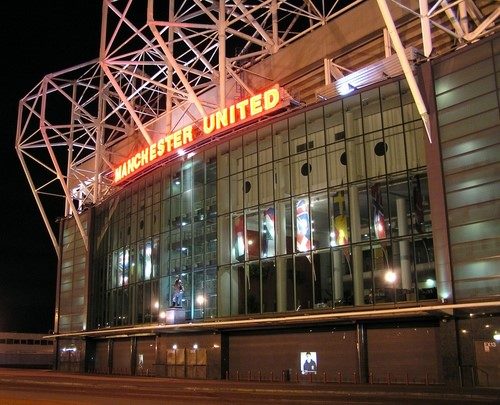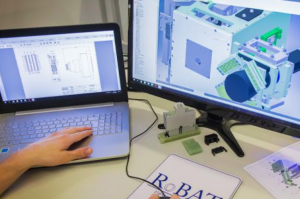United slip to third quarter loss due to ongoing pandemic impact

The coronavirus pandemic continues to impact Manchester United, which reported a third quarter loss of £18.1m for the three months to March 31.
That compares with a loss of £22.8m in the same quarter last year. However, in the previous quarter, to December 31, 2020, the club made a pre-tax profit of £68.171m, up from £51.745m a year ago.
Third quarter revenues were down 4.4% at £118.3m, compared with £123.7m this time last year.
The club’s second quarter revenues, to December 31, 2020, were £172.8m, against £168.4m the previous year.
Operationally, the impact of the pandemic and measures to prevent further spread continues to disrupt the businesses, said United.
The Old Trafford Stadium, Megastore, Museum and Stadium Tour operations remained closed to visitors throughout the third fiscal quarter. In line with government guidelines, and with a variety of safety measures and protocols in place, including reduced fan capacity, Old Trafford Stadium welcomed back 10,000 supporters for the final home match of the season. The Megastore and Museum and Stadium Tour operations have also resumed following the end of the quarter.
The start of playing the 2020/21 Premier League fixtures was delayed until September 19, 2020, due to the deferred completion of the 2019/20 season – 2020/21 matches were played over a more condensed period with most of the current season shortfall being played in the third and fourth quarters.
During the third quarter, the first team played in 14 Premier League home and away matches, compared with nine in the prior year quarter, resulting in an increase in broadcasting revenues over the prior year quarter. The prior year quarter was further impacted by an estimated Premier League rebate due to broadcasters, following delay and broadcast schedule changes to the 2019/20 season.
Home matches continue to be played behind closed doors. During the third quarter, a total of 12 home matches were played behind closed doors across all competitions, compared with a total eight home matches with fans in attendance during the prior quarter, creating a significant shortfall in matchday revenues.
This largely offsets the increase in broadcasting revenues, due to the men’s first team’s participation in the UEFA Champions League.
Given ongoing uncertainty due to the COVID-19 pandemic, the company is not providing revenue or adjusted EBITDA guidance for fiscal 2021 at this time.
The latest figures show that commercial revenue for the quarter was £58.1m, a decrease of £10.5m, or 15.3%, over the prior year quarter.
Sponsorship revenue was £35.8m, a decrease of £8.9m, or 19.9%, due to COVID-19-related variations and a one-time sponsorship credit in the prior quarter.
Retail, merchandising, apparel and product licensing revenue was £22.3m, a decrease of £1.6m, or 6.7%, over the prior year quarter, primarily due to the continued closure of the Old Trafford based Megastore.
Broadcasting revenue for the quarter was £58.6m, an increase of £32.6m, or 125.4%, over the previous year quarter, due to playing an additional five Premier League home and away games in the quarter.
Matchday revenue for the quarter was £1.6m, a decrease of £27.5m, or 94.5%, over the prior year quarter, due to all matches being played behind closed doors. Eight home games with fans in attendance were played in the prior year quarter, prior to the postponement of all competitions.
Total operating expenses for the quarter were £138.5m, an increase of £6.7m, or 5.1%, over the prior year quarter, while employee benefit expenses for the quarter were £85.2m, an increase of £15.7m, or 22.6%. This is due to contracted increases in player salaries due to participation in the UEFA Champions League and continued investment in the first team playing squad.
Net debt, as of March 31, 2021 was £443.5m, compared with £429.1m the previous year.
As of March 31, 2021, the company had £84.7m of cash balances, together with access to an additional £140m available under the company’s revolving credit facilities. This provides financial flexibility to support the club through the disruption caused by COVID-19.
Ed Woodward, executive vice chairman, said: “The absence of fans over the past year has proved that they are the lifeblood of the game.
“Following the successful return of limited numbers at the end of last season, and continued trials of increased crowds at sports events this summer, we remain optimistic about the prospect of fans returning to Old Trafford in larger numbers going forwards.
“With the foundations for long term success in place, including significant initiatives to strengthen engagement with our supporters, we look forward to the upcoming season.”







